Buying A Home, The 30,000 Foot View
Did you know that the average Canadian will spend roughly 11 months actively engaged in the house buying process? However, most of the dreaming (and preparation) happens before then. Buying a home is a big deal, and it's a decision that shouldn't be taken lightly. With all the recent changes by the Canadian government tightening mortgage qualification, you can never be too prepared!
Even if you don't plan to buy for a couple years, there is only so far general information can take you. Each person is different, as are their financial situations. So if you'd like to discuss your personal financial situation, feel free to contact me anytime. I would love to work with you!
With that said, here is a 30,000 foot view of what you need to know about buying a home, as it relates to mortgage financing.
Are You Credit Worthy?
First things first, do you have a good credit? Having good credit is of paramount importance when applying for a mortgage. Establishing a good credit score takes some time, most lenders want to see that you have managed your credit well over a minimum of a 2 year period.
Even if you have a huge downpayment and manage your money perfectly, and the idea of debt disgusts you, having an established history of borrowing and repaying money is crucial. It's really hard to get mortgage financing without a credit history.
How Will You Repay Your Mortgage?
If a lender is going to lend you money to buy a property, they are going to want to know you have the means to pay them back. They want to know that you have a steady job, and will make you prove it through documentation. Depending on how you get paid, lenders will want to see an employment letter, pay stubs, your T1Generals, Notice of Assessments, and really anything else they feel gives them an accurate picture of how much money you make!
Do You Have A Downpayment?
In order to borrow money from a financial institution, you're going to have to bring some money to the table. Of course the best downpayment comes from an accumulation of your own resources, but there are other sources of downpayment that are available to you. A 5% downpayment will be the bare minimum required, and depending on the purchase price, it might be more.
It's important to know that you will have to prove the source of all downpayment funds. This can typically be done through 90 days of bank statements. The lenders (and government) want to ensure that you aren't purchasing the property with the proceeds of crime, and laundering money. Just know that there will be heavy scrutiny on where you got your downpayment.
As houses become more expensive, a lot of parents have decided to help their kids with the purchase of a property by gifting downpayment funds for a downpayment.
How Much Can you Afford?
What you can afford on paper and what you can afford in real life are often very different. The amount you qualify to borrow is based on way too many things to include in a single article. And the rules keep changing. Most recently, the government has introduced a financial "stress test" that forces buyers to qualify at a mortgage rate that is at least 2% higher than the rate they will pay.
So once you are ready to actually start shopping, or even months before then, it's a good idea to sit down with an independent mortgage professional who can work through your unique financial situation and will let you know exactly what you can afford to spend on a property.
Regardless of where you are in the home buying process, it's never too early to give me a call! My goal is to walk you through the process from start to finish, even if that is a matter of years, instead of months. Contact me anytime, I'd love to work with you!







